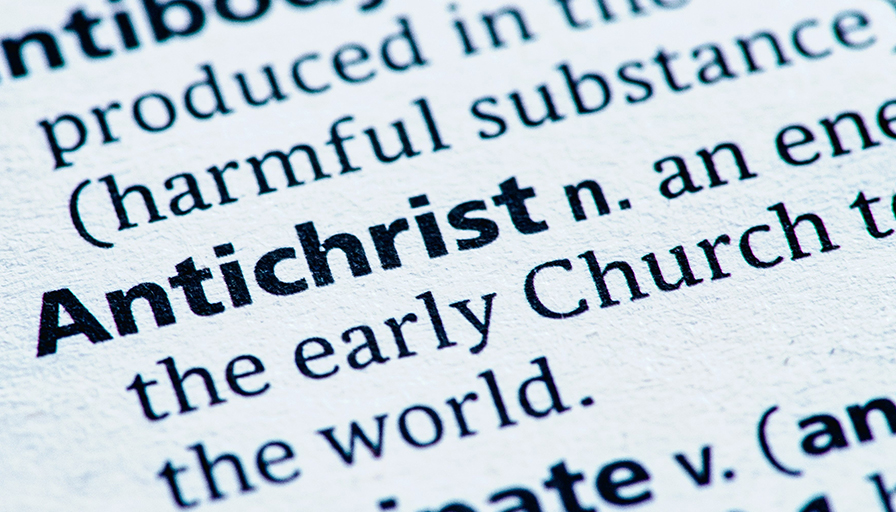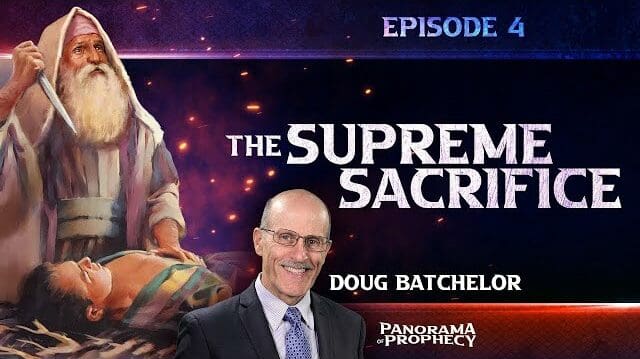It is evident that people around the world are facing significant challenges and are feeling overwhelmed by the current situation. The COVID-19 pandemic has been the central cause of distress, with millions of confirmed cases and countless deaths. Additionally, issues such as war, climate change, income inequality, and political turmoil contribute to people’s anxiety and disillusionment. The constant influx of negative news through social media only adds to the feeling of burnout, fatigue, and depression that many individuals are experiencing.
In response to these challenges, one law professor has suggested a potential solution: the implementation of Sunday laws. These laws would prohibit non-essential businesses and services from operating on the first day of the week. The idea behind this proposal is rooted in the observance of the Sabbath, which is one of the Ten Commandments: “Remember the Sabbath day, to keep it holy” (Exodus 20:8). Proponents argue that if people are unwilling to voluntarily take a day of rest, the government could enforce Sunday closures for the betterment of society.
However, there are several problems with this proposal. Firstly, if the intention is to support Sunday closings with the fourth commandment, it does not align. According to God’s law, the true seventh day is from Friday sundown to Saturday sundown, not Sunday, which is the first day of the week. The commandment specifically links the Sabbath to the six days of creation, emphasizing God’s rest on the seventh day. It is essential to recognize that the sanctification of the Sabbath occurred long before the existence of the Jewish people.
Secondly, Sunday “blue laws” have a long history in America, with sporadic enforcement in certain regions. However, they have often led to absurd and pluzzling regulations similar to the Sabbath rules imposed by the Pharisees during Jesus’ time. Many of these laws, while well-intentioned, have placed unconstitutional burdens on individuals, particularly Jews and other Sabbath-keepers who have religious convictions against operating their businesses on the Sabbath. Forcing them to remain closed on Sundays, in addition to their Sabbath observance, has posed significant challenges and financial burdens.
Although many individuals need rest and relief from stress, implementing legislation that mandates forced closures on Sundays is not the answer. Enforcing a Sunday rest could infringe upon religious freedom and potentially lead to further encroachments on religious observance. It is crucial to safeguard the freedom to practice one’s faith without unnecessary interference from the government.
To explore why Sunday became a day of worship for Christians despite the biblical teachings, further investigation is necessary.














